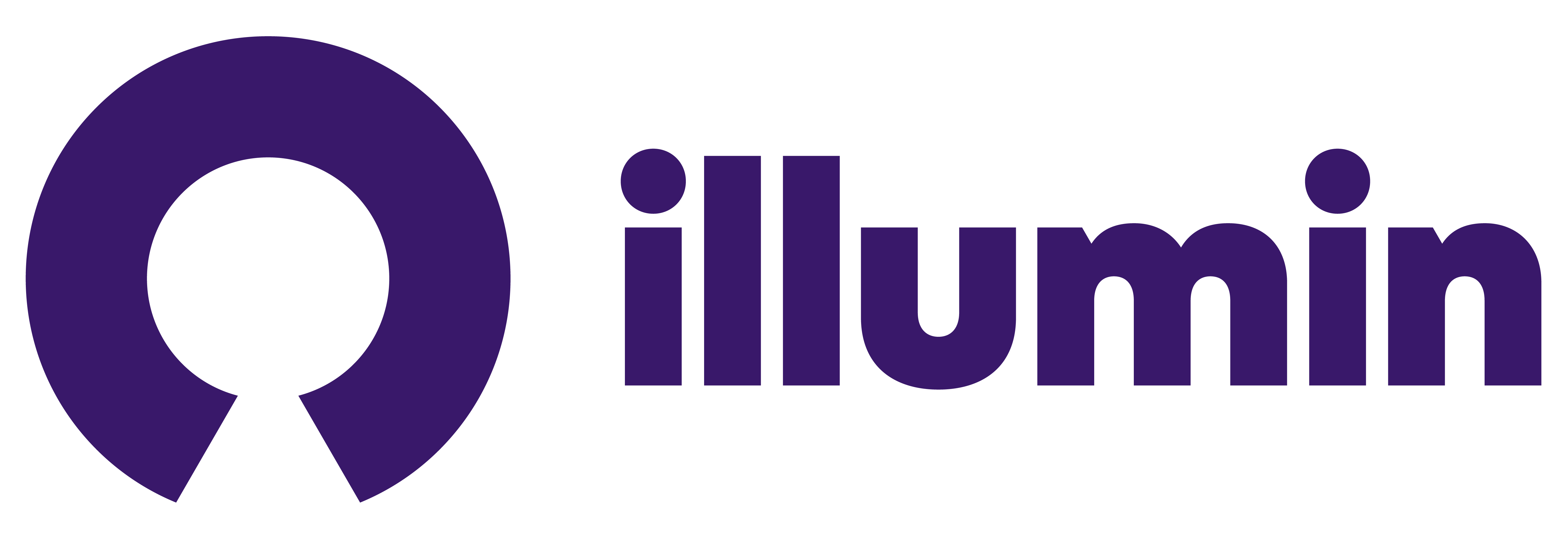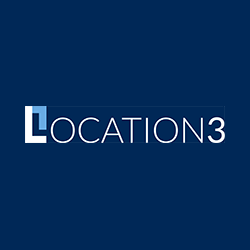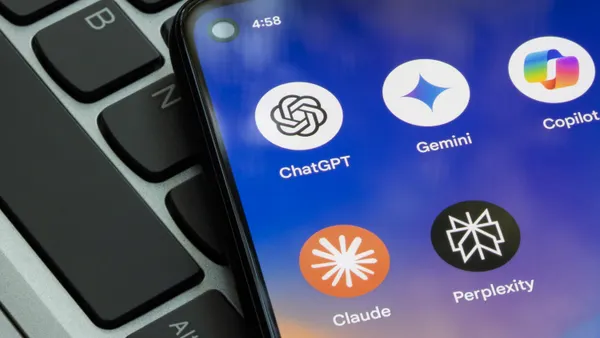Brief:
- Estée Lauder, the cosmetics brand whose sales grew 10% to $3.27 billion in the most recent quarter from a year earlier, will offer beauty tips in its first app for Google’s voice-activated Home device. The “Estée Lauder Nighttime Expert” chat experience will give consumers a personalized evening skincare routine through a series of questions and answers, according to a press release made available to Mobile Marketer.
- To activate the new feature, users can say, “OK, Google, can I talk to the Estée Lauder Nighttime Expert?” to the Google Home smart speaker. Future experiences will be available through the Google Assistant on mobile, in ad units on the Google Display Network and on esteelauder.com, per the release.
- After going through the voice-based nighttime routine, users are given access to a free service featuring a serum product at an Estée Lauder counter.
Dive Insight:
Estée Lauder is one of the first few beauty brands getting on board with voice-activated platforms, which are forecast to grow rapidly in the coming years as Amazon, Google and Apple put more marketing and development muscle into smart speakers.
This partnership is a first for Estée Lauder, whose new feature on Google Home aims to build upon the brand's digital offerings and focus on enhancing the customer experience with its products at home through personalized content on relatively new devices.
Other major brands like Lancôme and Sephora have begun to incorporate voice and mobile experiences into their marketing to engage customers at home and help them expand content related to beauty products. It's logical that cosmetics brands, particularly established ones with name recognition like Estée Lauder, will continue to beef up their digital presence to attract tech-savvy consumers at home.
The Estée Lauder brand has been beefing up its mobile offerings this year, including with an AR chatbot featuring lipstick advice, adding AR to its mobile site and partnering with WeChat.
Meanwhile, voice-based devices like the Amazon Echo, Google Home and Sonos One will be installed in a majority of U.S. households (55%) by the year 2022, according to a November report from Juniper Research. More than 70 million households will have at least one of these smart speakers in their home, and the total number of installed devices will top 175 million in five years. Juniper’s forecast follows one from researcher eMarketer, which in May predicted that usage of digital assistants would double this year to 35.6 million U.S. consumers interacting with a voice-activated assistant at least once a month.
Even as smart speakers become more popular, digital assistants will mostly be available on smartphones as consumers continue to become more engaged on mobile devices, according to Juniper.












